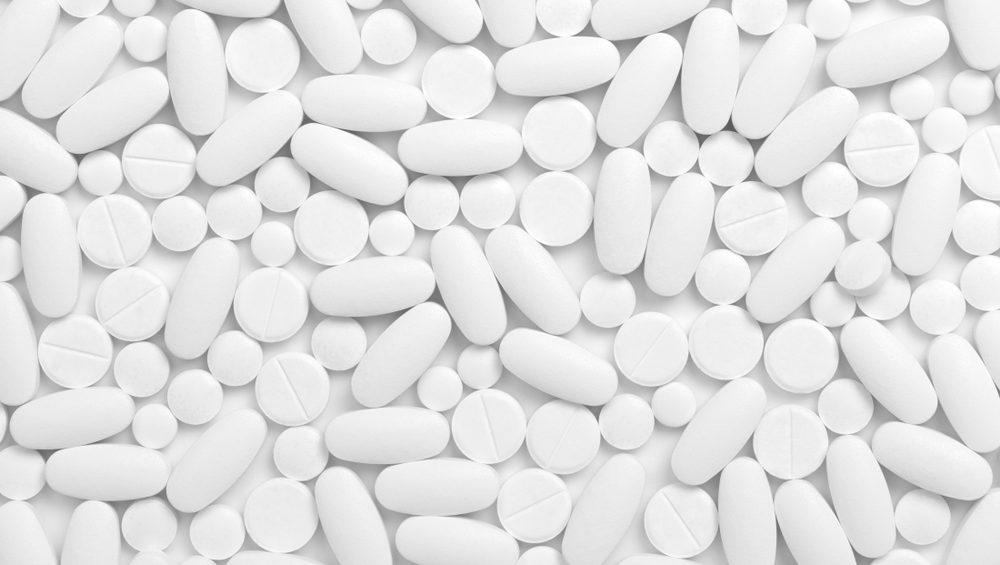NAD+ (Nicotinamide adenine dinucleotide) is a coenzyme that plays a critical role in cellular metabolism and energy production.
NAD+ (Nicotinamide adenine dinucleotide) is a coenzyme that plays a critical role in cellular metabolism and energy production. It can be synthesized from several precursors, including nicotinamide riboside (NR), nicotinamide mononucleotide (NMN), and nicotinic acid (NA). Here are the advantages and disadvantages of each precursor:
- Nicotinamide Riboside (NR):
Advantages:
- NR is a natural compound found in milk and other foods.
- NR is a more stable and efficient precursor of NAD+ than nicotinamide (NAM).
- NR has been shown to increase NAD+ levels in multiple tissues in animal and human studies.
- NR has also been shown to improve metabolic health and increase lifespan in mice.
Disadvantages:
- NR is relatively expensive compared to other NAD+ precursors.
- The purity and quality of NR supplements can vary widely.
- Nicotinamide Mononucleotide (NMN):
Advantages:
- NMN is a direct precursor of NAD+ and is rapidly converted to NAD+ in cells.
- NMN has been shown to increase NAD+ levels in multiple tissues in animal and human studies.
- NMN has also been shown to improve metabolic health and increase lifespan in mice.
Disadvantages:
- NMN is relatively expensive compared to other NAD+ precursors.
- The purity and quality of NMN supplements can vary widely.
- Nicotinic Acid (NA):
Advantages:
- NA is a natural compound found in foods like meat, fish, and grains.
- NA is a relatively inexpensive precursor of NAD+.
- NA has been shown to increase NAD+ levels in multiple tissues in animal and human studies.
Disadvantages:
- NA can cause flushing, a temporary redness and warmth of the skin, due to the release of prostaglandins.
- NA may not be as effective as NR or NMN at increasing NAD+ levels in some tissues.
- High doses of NA can cause liver toxicity.
All three NAD+ precursors have their advantages and disadvantages. NR and NMN are more efficient at increasing NAD+ levels in some tissues, but they are relatively expensive. NA is a natural and inexpensive precursor of NAD+, but it can cause flushing and may not be as effective at increasing NAD+ levels in some tissues. Ultimately, the choice of precursor will depend on individual needs and preferences.
Explain the safety and side effects of NAD+ supplementation and provide some dosage recommendations
- NR, or nicotinamide riboside, is a form of vitamin B3 that has gained popularity as a dietary supplement due to its potential benefits for energy metabolism, cognitive function, and aging-related diseases. However, as with any supplement, it’s important to consider its safety and potential side effects before taking it.
Safety:
- NAD Laboratory complies with European Food Safety Authority (EFSA), the European Commission and EU’s Good Manufacturing Practice (GMP) guidelines. NR has been generally recognized as safe by the U.S. Food and Drug Administration (FDA).
- No serious adverse effects have been reported in humans.
Side effects:
The most common side effects of NR supplementation reported in human studies include gastrointestinal discomfort, such as nausea, diarrhea, and stomach pain. However, these side effects are generally very mild & transient and are considered under safe health-zone.
What is NR and how it works to boost NAD+ levels?
NR (Nicotinamide Riboside) is a form of vitamin B3 that has been found to boost NAD+ levels in the body. NAD+ (Nicotinamide Adenine Dinucleotide) is a coenzyme that plays a critical role in many metabolic processes, including energy production, DNA repair, and gene expression.
NR works by being converted into NAD+ by a series of enzymes in the body. This process, known as the salvage pathway, involves several steps, with NR being converted to NMN (Nicotinamide Mononucleotide) and then to NAD+. By providing a source of NR, the body can increase its production of NAD+, which can have numerous benefits for overall health and wellness.
Boosting NAD+ levels with NR has been shown to have several potential benefits, including improved mitochondrial function, increased energy production, enhanced DNA repair, and improved metabolic health. NR has also been studied for its potential anti-aging properties, as NAD+ levels decline with age and may contribute to age-related diseases.
NR is a promising compound for boosting NAD+ levels and improving overall health and wellness. However, as with any supplement or medication, it is important to speak with a healthcare provider before beginning NR supplementation, particularly if you have any underlying health conditions or are taking any medications.
NAD+ is an example of a coenzyme that is produced naturally by every cell in the body. The production of NAD+ can be increased by methods such as fasting and exercise. Nonetheless, the primary building material required for NAD+ synthesis comes from vitamin B3-containing foods such as cow’s milk, mushroom, fish, green vegetables, and yeast.


3 Comments
This is exactly what i was looking for, thank you so much for these tutorials
It would be great to try this theme for my businesses
What a nice article. It keeps me reading more and more!